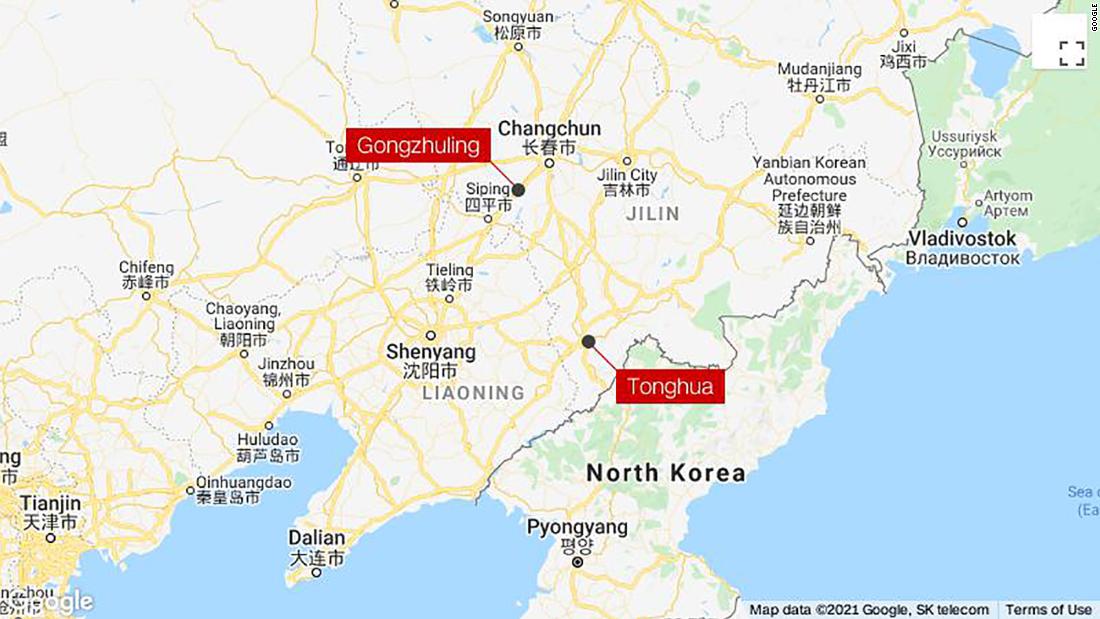
The person, who worked as a salesman promoting health products for the elderly, had traveled from his home province of Heilongjiang to neighboring Jilin province and took the virus with him.
Authorities allege he unknowingly spread the virus to elderly residents for several days before being tracked down by health officials as a close contact of a confirmed case.
“The super-spreading phenomenon occurred mainly in our province because when the superspreader was discovered, it was still in the early stages of its infection and had a relatively strong ability to shed the virus,” said Zhao Qinglong, an official at Jilin provincial disease control and prevention center, said the state-run Xinhua news agency.
The seemingly scattered event in Jilin took place as China battles the worst coronavirus outbreak in months, with hundreds of cases reported and tens of millions of people trapped in northern provinces.
It also demonstrated the extent and speed of contact tracing and screening by Chinese health authorities, who have played a vital role in taming local outbreaks.
Detailed itinerary and privacy concerns
The seller was diagnosed as a confirmed case of Covid-19 on Sunday after initially being identified as an asymptomatic carrier last Tuesday, according to the Jilin Provincial Health Commission. China registers asymptomatic infections separately from the official number of cases.
For four days, the man held four “health seminars” or marketing sessions at community health clubs targeting elderly residents in Jilin’s cities of Gongzhuling and Tonghua.
All infected people had been detected as close contacts of the man and quarantined, before testing positive during medical observation, Zhang said.
While it is an effective contact tracing tool, publishing a detailed travel history of coronavirus patients has also raised privacy concerns in China.
Community health clubs under the microscope
Jilin’s apparent superspreading event has brought community health clubs under scrutiny from health experts and authorities, among others.
“The infected people were in a locked room for a long time,” Zhao, Jilin’s health officer, told Xinhua. “Most of them are middle-aged and elderly people with underlying health problems and weak immunity, and therefore extremely susceptible to infection.”
So-called “health clubs” for the elderly are increasingly common among residential communities in China, where regular marketing sessions are held, often branded as “health lectures”, to promote health products such as supplements and physiotherapy equipment.
Unlike movie theaters, restaurants, karaoke salons and other commercial venues, these clubs are often hidden in residential buildings and difficult for authorities to regulate, according to Xinhua.
Jilin authorities are investigating whether the two health clubs where the man held promotions had violated any regulations, a provincial market surveillance official said at the news conference.